An alternative interpretation of our existence indicates that we may live inside a computer-simulated reality. Although this may seem just a theory, there are numerous scientists who can give valid arguments for such a possibility.
Neil deGrasse Tyson, director of the museum’s Hayden Planetarium, considers there’s a 50-50 chance for our entire existence to be generated by a program on someone else’s computer. He backed up his beliefs on the fact that, although we share more than 98 percent of our DNA with the chimpanzees, there is still a broad gap between the intelligence level possessed by both species. This only puts the odds in favor of other super-intelligent species that could outscore us entirely with their advanced understanding.
“I think the likelihood may be very high,” he said. “We would be drooling, blithering idiots in their presence. If that’s the case, it is easy for me to imagine that everything in our lives is just a creation of some other entity for their entertainment.”
In 2003, philosopher Nick Bostrum from University of Oxford offered another relevant argument for this hypothesis. He suggested that, in case an advanced civilization with tremendous computing power existed, they would run simulations of their ancestors to the point where the ancestral mind would evolve into artificial intelligence. These basic statistics indicate that we may already be part of the simulated minds.
Another more realistic approach suggests that most novel aspects we learn about the universe are based exclusively on mathematical principles, meaning that if we were found inside a videogame, we would also discover all these numeric patterns.
“If I were a character in a computer game, I would also discover eventually that the rules seemed completely rigid and mathematical,” said Max Tegmark, a cosmologist at the Massachusetts Institute of technology (MIT). “That just reflects the computer code in which it was written.”
Additional information based on the principles of physics was revealed by James Gates, a theoretical physicist at the University of Maryland, who stumbled across a similar mathematical problem leading to the above mentioned hypothesis.
“In my research I found this very strange thing,” he said. “I was driven to error-correcting codes – they’re what make browsers work. So why were they in the equations I was studying about quarks and electrons and supersymmetry? This brought me to the stark realization that I could no longer say people like Max are crazy.”
On the other side of the coin, there are skeptics who don’t agree entirely with the computer-simulation theory. Some researchers believe this has been revealed as a possibility only because it has to do with fields of work involving numbers and codes. According to Lisa Randall, a theoretical physicist at Harvard University, there is no certainty that our biological minds will become artificial in the future.
“It’s just not based on well-defined probabilities. The argument says you’d have lots of things that want to simulate us. I actually have a problem with that,” she expressed her doubt. “We mostly are interested in ourselves. I don’t know why this higher species would want to simulate us.”
While such extreme hypotheses may seem virtually untestable, there are some researchers who think they can come up with experimental proof for these claims. One example comes from Zohreh Davoudi, a physicist at MIT who thinks he can bring proof (at least for him and his fellow colleagues)
“If there is an underlying simulation of the universe that has the problem of finite computational resources, just as we do, then the laws of physics have to be put on a finite set of points in a finite volume,” he said. “Then we go back and see what kind of signatures we find that tell us we started from non-continuous spacetime.”
If mathematical formulas cannot crack the code, then there’s an even chance for a bug to crash the entire system. At this point, there’s no conclusive theory to describe what will happen. Although the odds for something like this seem small, there is always a chance for the “creator gods” to mess something up that will eventually show us that we were wrong from the beginning. (source)
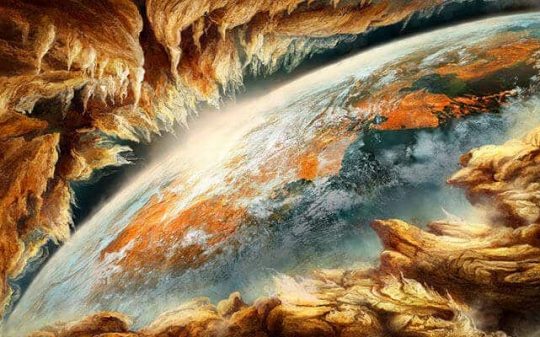



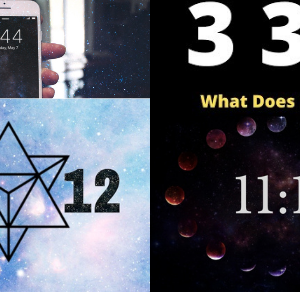
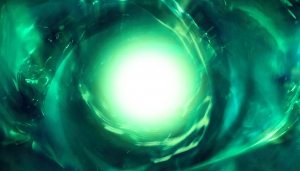
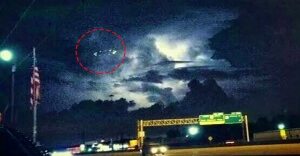
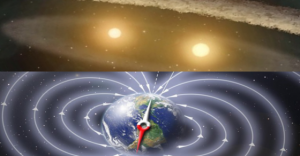



Interesting for sure ….